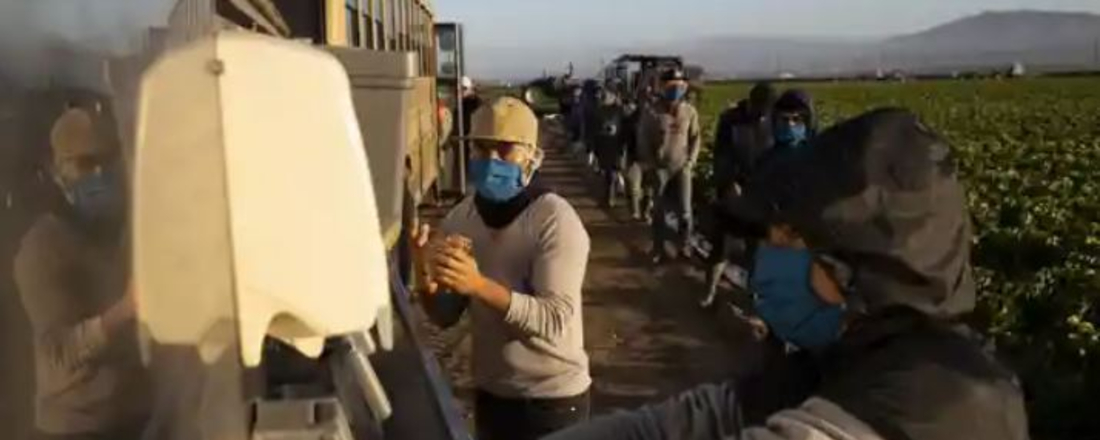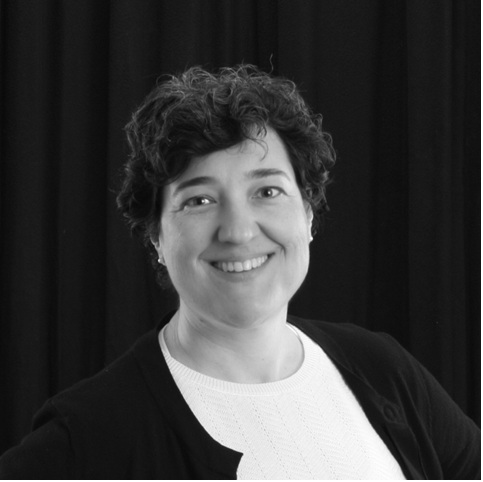
In the News
‘The Virus is Moving In’: Why California is Losing the Fight Against COVID
- The Guardian
-
Focus Areas
Communicable Disease Prevention -
Issues
Population Health -
Expertise
Public-Private Partnerships -
Programs
Tracing Health -
Strategic Initiatives
COVID-19

Early in the coronavirus pandemic, California was celebrated as a beacon of common sense in a country on the brink.
For months, the state seemed to avert the calamity that had befallen New York and Louisiana. Despite being the nation’s most populous state, with the largest number of direct flights to the pandemic’s initial center in China, California’s death rate remained low.
Today, most of California is back under lockdown amid a dramatic surge in infections. The state has tallied more than 1.3m cases, and broke a record last week with more than 25,000 infections recorded in a single day.
Exacerbating inequalities
The latest COVID-19 surge continues to shine a harsh light on inequality. California has seen record levels of unemployment and countless businesses have been shuttered for good, yet some sectors – notably the tech industry – have continued to rake in revenue. Economists are predicting that post-pandemic, California could see a so-called “K-shaped recovery”, where the incomes of the highest earners continue to rise just as quickly as they plummet for those who are struggling.
Latinos in LA county, many of whom are working essential jobs, are also contracting the virus at more than double the rate of white residents. The toll in working-class neighborhoods has been especially devastating for undocumented people, who have been unable to access aid.
“It’s really dire for our folks. They have a right to paid sick days, but that doesn’t mean that right is respected,” said Marissa Nuncio, an advocate for garment workers in LA who have faced COVID outbreaks at factories where they are manufacturing masks. Nuncio said nine months into the pandemic, she still gets calls from infected workers who are struggling to access tests and are afraid to go to the hospital. “They just say, ‘I hope I’m able to recover from this at home.’”

We have the confluence of factors where people are facing financial instability, and feel like they have no choice but to work even if they get sick, and particularly in California, we have a large population of undocumented people who have been demonized by the federal government and are especially vulnerable.Dr. Marta Induni, program director, Tracing Health
Activists hope that California will take those inequalities into account as it develops a plan to distribute COVID-19 vaccines. California is on track to receive 327,000 doses in its first shipment, which will reach hospitals in the coming days. The state aims to give the vaccine to 2.16 million people by the end of the year, starting with healthcare workers and residents of long-term care facilities.
Officials have pledged to consider racial equity in distribution efforts, but there is a long road ahead to build trust in the vaccine and to reach the hardest-hit communities.
Click below to read the full article in The Guardian.
Originally published by The Guardian
More Updates
Work With Us
You change the world. We do the rest. Explore fiscal sponsorship at PHI.
Support Us
Together, we can accelerate our response to public health’s most critical issues.
Find Employment
Begin your career at the Public Health Institute.



